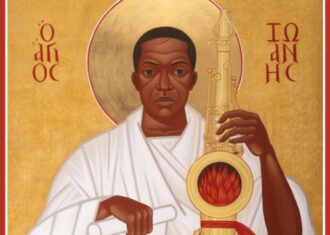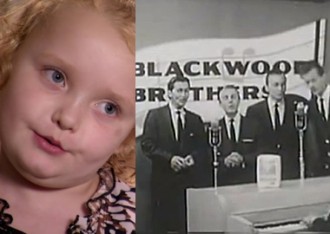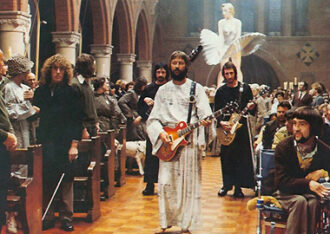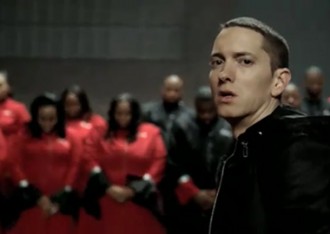
To Let It Go and So To Find A Way: U2, (A)Live with Grief and Grace
“Comfort me.” “COMFORT ME.” “COMFORT ME! COMFORT ME!! COMFORT ME!!!” Bono is standing at the…
Read More
“Comfort me.” “COMFORT ME.” “COMFORT ME! COMFORT ME!! COMFORT ME!!!” Bono is standing at the…
Read More
Getting lost in the music and found in the sound.
Read MoreThe third iteration of the National Congregations Study, led by Mark Chaves and Shawna Anderson,…
Read More
What inspired you to write Talking to the Dead? I vividly recall the experiences that…
Read MoreGod smacks this world.
Read More
It’s easy. It’s so easy to skewer the American South, to depict its denizens and cultural products and religious values as a homogenized clutch of deprivation and backwardness. It’s so easy that The Learning Channel is riding high in the ratings game these days with Here Comes Honey Boo Boo, the latest offering to confirm mainstream media’s deep investment in portraying a one-dimensional and abject South. The old weary stereotypes slide down smoothly, like the creamy underlayer of a hashbrown casserole. It takes too much work to refract the South through a variegated interpretive lens; and besides, would consumers buy into this multifaceted vision anyway? If ever there were a bullseye target for this kind of elitist and unhelpful framing, it would surely be Southern Gospel music.
Read More
Russell is continually, even post-mortem, called “provocative,” “controversial,” and “iconoclastic.” And at least a few of these obits have noted his conversion to Roman Catholicism all those years ago, though he was never quite settled in his faith. Certainly there was religious content in his films—the nuns and priests in a sexual standoff in The Devils (1971), Anthony Perkins’ creepy street preacher in Crimes of Passion (1984)—but it was the human experience that Russell so strangely charted that leaves me thinking of his “religious” nature. He portrayed the depths of human depravity and desire, of lust and liking.
Read More
World’s first Chassidic Reggae superstar off the derech.
Read More
Several days ago I was in the car, listening to songs shuffled at random. Just as I pulled into the parking lot I heard the opening lines of “The Legend of John Henry’s Hammer,” recorded at one of Cash’s famous 1968 Folsom Prison shows. Transfixed, I sat and listened to the whole seven-minute song, which tells the story of a man who, after winning a heart-pounding spike-driving competition against a machine, lays down his hammer and dies. It is a great story that may be read as a warning to those who equate scientific and technological advance with human progress. What I’d like to ask is this: do stories point us, in even the smallest of ways, toward anything that might be described as the truth?
Read More
So, about that Chrysler “Imported from Detroit” Super Bowl ad with Eminem. Not too long after I first saw the spot on the internet, I started thinking about how the pop-culture ubiquity of the black gospel choir belies its complicated cultural capital.
Read More